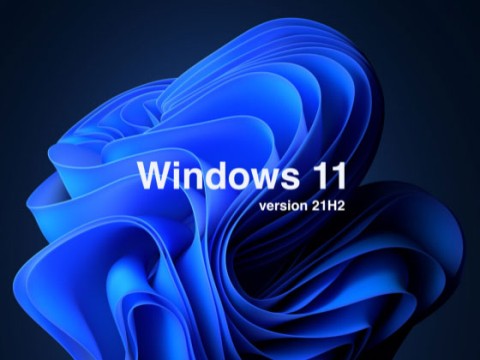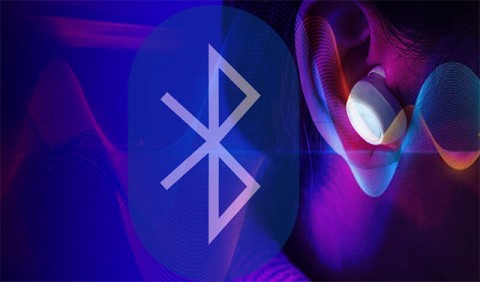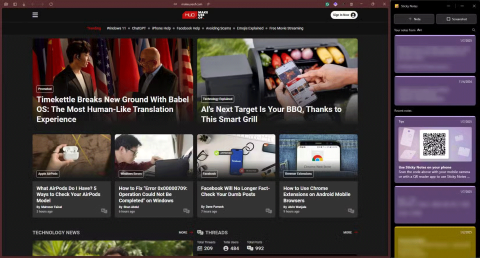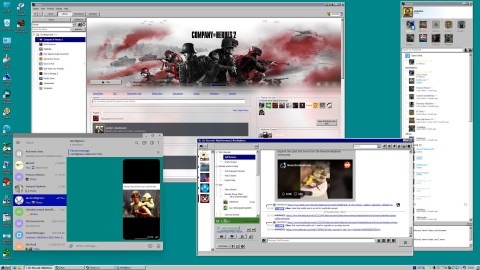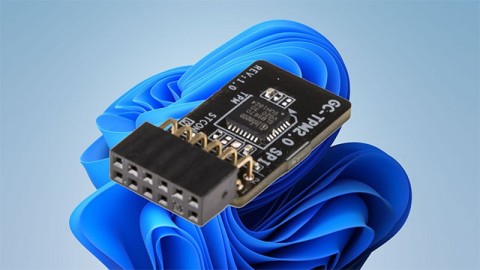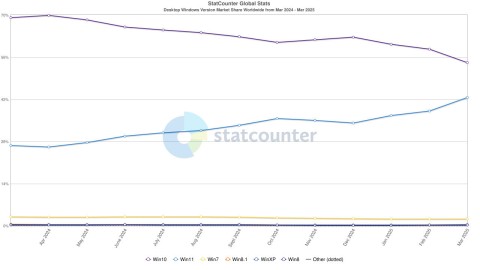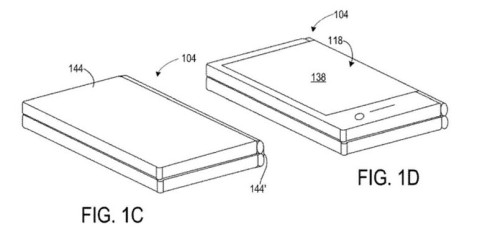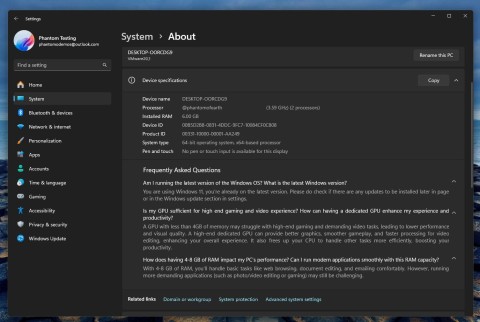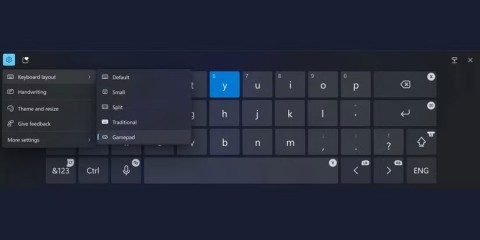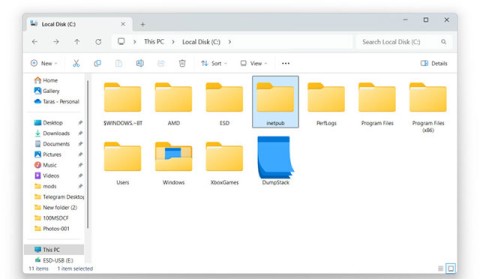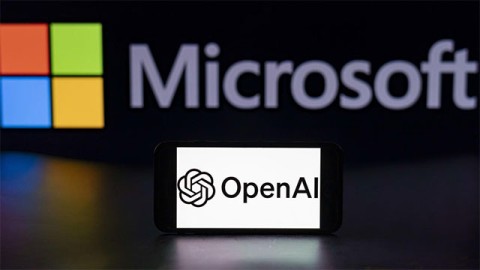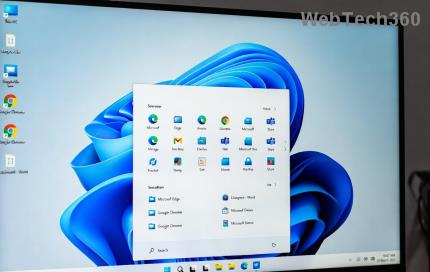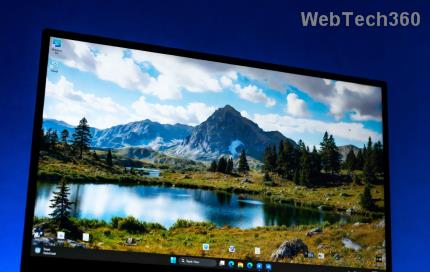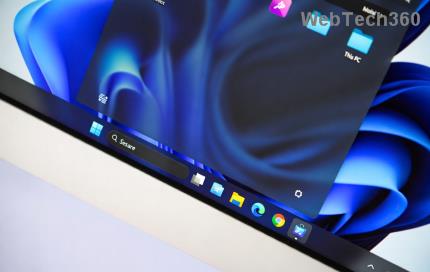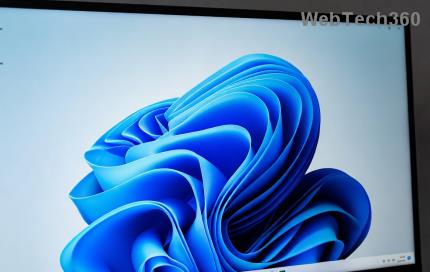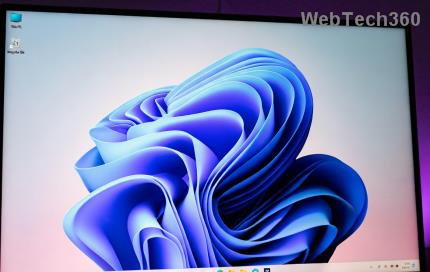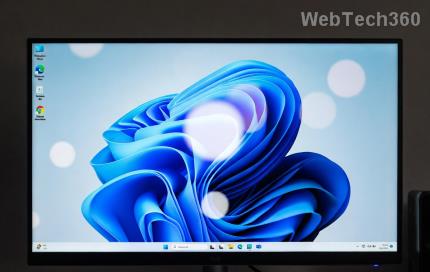Oprócz zmian i udoskonaleń funkcji oraz interfejsu, Windows 11 słynie też ze stosunkowo rygorystycznych wymagań sprzętowych, które użytkownicy muszą spełnić, jeśli chcą, aby na ich komputerze działał nowy system operacyjny, zwłaszcza jeśli chodzi o procesor. Nic więc dziwnego, że Microsoft musi regularnie aktualizować listę aktualnie dostępnych na rynku procesorów, które są kompatybilne z systemem Windows 11, aby użytkownicy mogli je łatwo zrozumieć.
Pod koniec maja firma z Redmond ogłosiła listę procesorów obsługujących system Windows 11, dodając kilka nowych procesorów firm AMD (głównie seria X3D) i Intel (głównie Raptor Lake (13. generacja)).
Nie byłoby warto o tym wspominać, gdyby na zaktualizowanej liście z 25 lipca Microsoft nie usunął niektórych procesorów Intel, które wcześniej były wymienione jako obsługujące system Windows 11, a wszystkie z nich to modele z procesorami Xeon. Szczegółowa lista wygląda następująco:
- Intel Xeon E-2104G
- Procesor Intel Xeon E-2124
- Intel Xeon E-2124G
- Intel Xeon E-2126G
- Procesor Intel Xeon E-2134
- Procesor Intel Xeon E-2136
- Intel Xeon E-2144G
- Intel Xeon E-2146G
- Intel Xeon E-2174G
- Intel Xeon E-2176G
- Procesor Intel Xeon E-2176M
- Intel Xeon E-2186G
- Intel Xeon E-2186M
- Intel® Xeon® E-2224
- Intel Xeon E-2224G
- Intel Xeon E-2226G
- Intel Xeon E-2226GE
- Intel Xeon E-2234
- Intel Xeon E-2236
- Intel Xeon E-2244G
- Intel Xeon E-2246G
- Intel Xeon E-2254ME
- Intel® Xeon® E-2254ML
- Intel Xeon E-2274G
- Intel Xeon E-2276G
- Intel Xeon E-2276M
- Procesor Intel Xeon E-2276ME
- Intel® Xeon® E-2276ML
- Intel Xeon E-2278G
- Intel Xeon E-2278GE
- Intel Xeon E-2278GEL
- Intel Xeon E-2286G
- Intel Xeon E-2286M
- Intel Xeon E-2288G
- Intel Xeon E-2314
- Intel Xeon E-2324G
- Intel® Xeon® E-2334
- Procesor Intel Xeon E-2336
- Intel Xeon E-2356G
- Intel Xeon E-2374G
- Procesor Intel Xeon E-2378
- Intel Xeon E-2378G
- Intel Xeon E-2386G
- Intel Xeon E-2388G
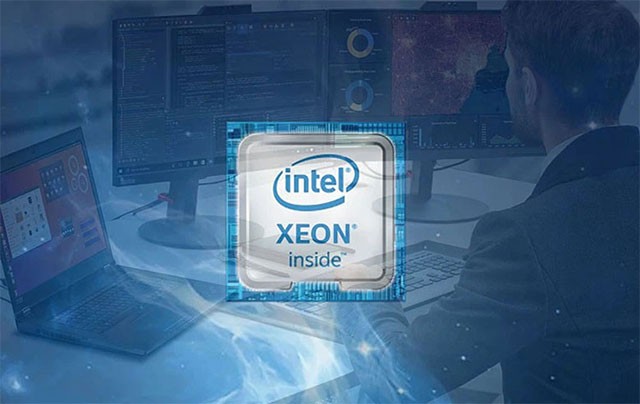
Wszystkie wymienione powyżej procesory Xeon bazują na architekturze Coffee Lake firmy Intel. Warto zauważyć, że procesory Intel Core ósmej generacji, obejmujące wersje przeznaczone do komputerów stacjonarnych, takie jak i7-8700K oraz i5-8400, nadal znajdują się na liście procesorów obsługiwanych przez system Windows 11.
Nadal nie jest jasne, dlaczego Microsoft usunął znaczną część procesorów Xeon ze wsparcia technicznego systemu Windows 11.
